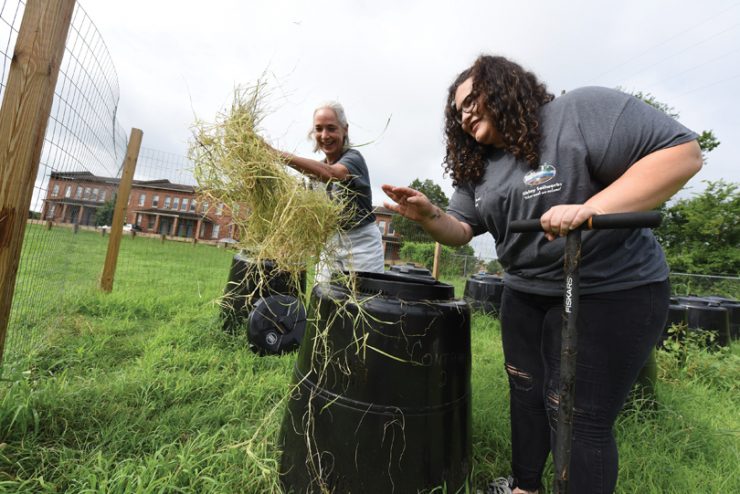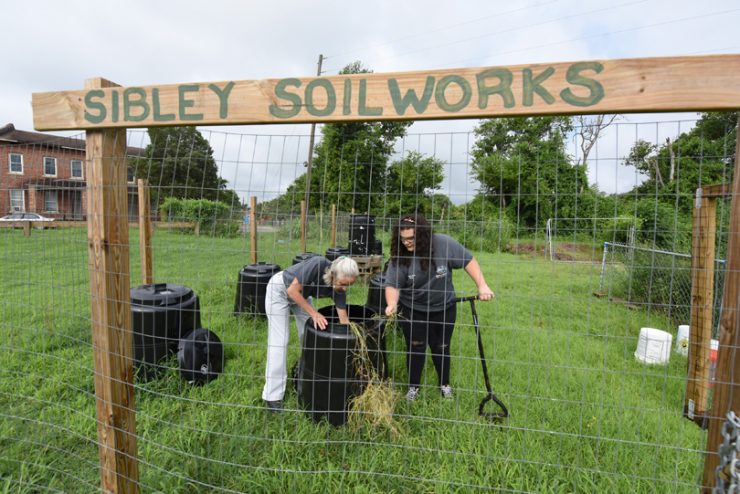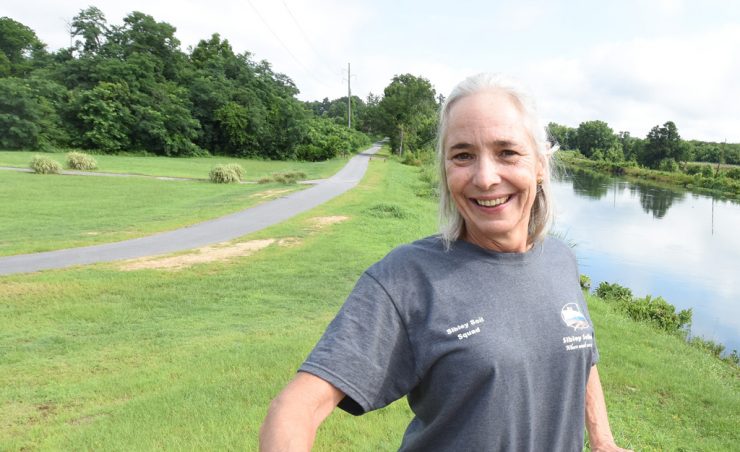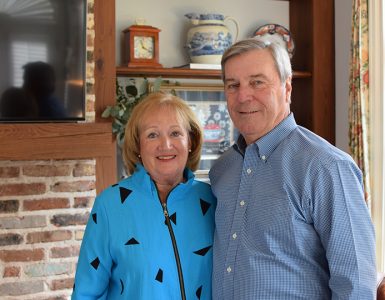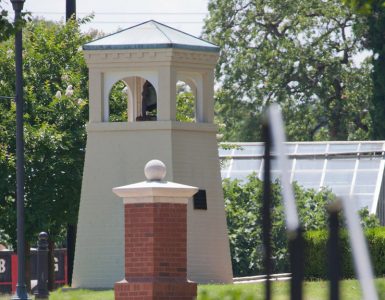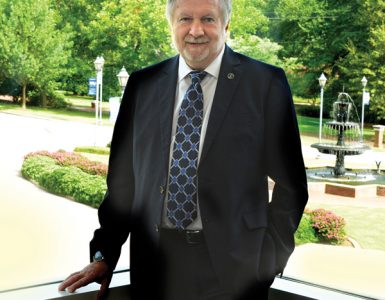The specter of Augusta’s textile mills still looms over Harrisburg.
The little neighborhood sprang up in the shadows of the King and Sibley mills. However, despite many of its residents working at those same mills for decades, Harrisburg saw little of their wealth. When the neighborhood’s last grocery store closed in February 2017, it felt like more of the same.
Trapped in a food desert, the residents of Harrisburg made a decision: They would grow their own produce. Their plan was a solid one. Communities across the country have turned to communal growing when the private sector pulls away, and local nonprofits like Augusta Locally Grown have helped keep a steady supply of nutritious food flowing into underprivileged neighborhoods.
But the mills weren’t done with Harrisburg.
The soil in and around the community has been soaked through with cadmium, chromium and lead — heavy metals used in the production of textile dyes. Those same metals find their way into local vegetation, turning something as simple as growing carrots and strawberries into a potential health risk. The body isn’t as quick to cleanse itself of heavy metals. Over time, exposure to these chemicals can cause a number of serious health problems, including decreased lung function and soft-tissue damage.
Fortunately, researchers at Augusta University have put another source of pollution to work. Using pickerel weed taken from the Savannah River, Dr. Donna Wear, a professor of biological sciences in the College of Science and Mathematics, and a team of undergraduate students have set up a series of compost vats near the mills. Pickerel weeds accumulate on the hydroelectric generators at Sibley Mill and must be removed routinely for the generators to function. Once composted, the plants become an effective and purifying fertilizer — cleaning the existing soil by degrees while simultaneously adding new nutrients into the local ecosystem. The solution is a win-win for both Harrisburg and the mills.
Before Wear and her team started collecting it, the pickerel weed — which comes from aquariums emptied into the river — was simply being dumped by cleaning crews. Now she and her students are hoping to use it to save a community in need.
“The stuff has just taken over,” Wear said. “Our objective is to see if we can turn this into a safe and healthy kind of compost people can use in the Harrisburg area.”
Though the effort will take time, Wear and her team are confident that Harrisburg residents will soon be able to grow their own fresh produce with a little help from nature. And while it’s a small step forward, it’s one many hope will help the community grow out of the mills’ shadow for good.

